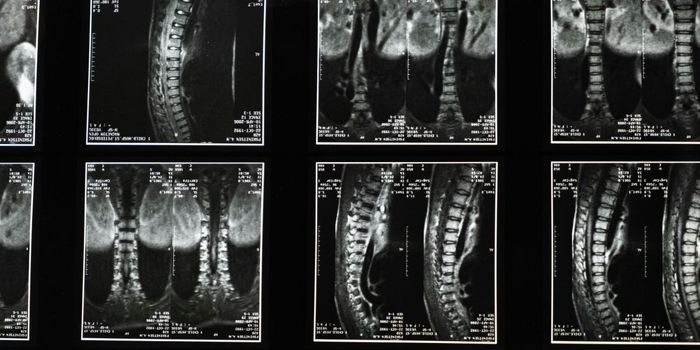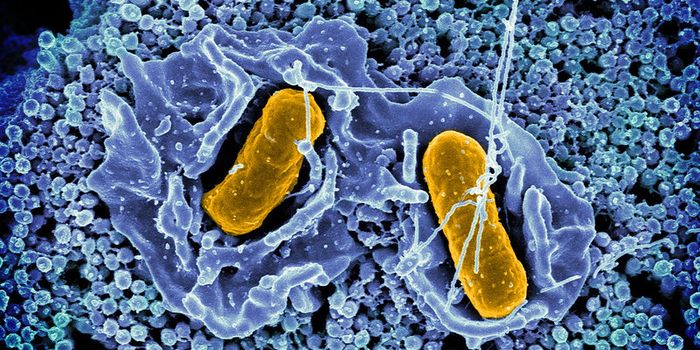Getting to Know More About Some of Your Gut Microbes
The microbes in our gastrointestinal tract can influence our health in many ways. Researchers are starting to learn more about the thousands of microbial species that have colonized the human gut to create the gut microbiome. In recent studies, scientists have delved into the specific phsyiological roles that some bacterial species have in our bodies.
Lactobacillus brevis is one of these microbes. It thrives in an environment that is slightly acidic, with a pH range from 4 to 6. It is also a lactic acid bacterium, so it generates lactic acid, which can lower pH. There are some lactic acid bacteria that only make lactic acid, while others create many organic acids that can reduce pH even more.
Lactobacillus brevis (L. brevis) is particularly good at a metabolic process called fermentation. The bacterium can aid the fermentation of foods like cabbage, breaking down sugars and making carbon dioxide and lactic acid in the process. Some of these microbes also make antimicrobial compounds that inhibit the growth of other bacteria, some of which may be pathogenic. Studies have indicated that L. brevis can help relieve the effects of hypercholesterolemia, atherosclerosis, obesity, and hypertension.
Asaccharobacter celatus (A. celatus) is a gut microbe that could play a role in maintaining a healthy brain during aging. Research has linked A. celatus to an aspect of cognition called executive function, which is related to tasks that are complex, but might be performed every day, like rearranging our schedule when an unexpected event happens, or adding numbers in our head.
A recent study, which has not yet been peer-reviewed, has determined that healthy older adults between the ages of 50 and 80 who had better performances on executive function tests also had more abundant levels of A. celatus bacteria in their stool samples (fecal samples are commonly used to assess the microbial species in a gut microbiome).
Another report recently published in Science Advances assessed the gut microbiomes of 381 healthy children by examining stool samples. This research used computational tools to show that certain species of gut microbes were more or less abundant in children that scored higher on cognitive tests. These species included Alistipes obesi, Blautia wexlerae, and Ruminococcus gnavus.
In one type of respiration that occurs in the absence of oxygen, bacteria use sulfate as an electron acceptor. These sulfate-reducing bacteria are a typical part of the normal human gut microbiome. Bilophila wadsworthia is a very unusual sulfate-reducing bacterium because it does not use sulfate. It breaks down taurine, which is often found in meat and dairy products, instead.
Scientists first became aware of B. wadsworthia in the 1980s when they found it in severe appendicitis patients. It was shown to thrive in bile, giving it the name Bilophila for bile loving. More recent research has found that it is linked to gut problems including inflammatory bowel disease, irritable bowel syndrome, and colorectal cancer.
However, Bilophila wadsworthia is also found in the microbiomes of normal, healthy individuals. Some researchers have suggested that it is not the bacterium itself, but rather how much of the germ is present that makes the difference between friend and foe. For example, Bilophila wadsworthia can help prevent disease by making a little hydrogen sulfide that stops the growth of pathogenic bacteria. But if there is too much Bilophila generating high levels of hydrogen sulfide, gut inflammation may arise. Right now, researchers are working to decipher the mystery of this and other gut microbes.









